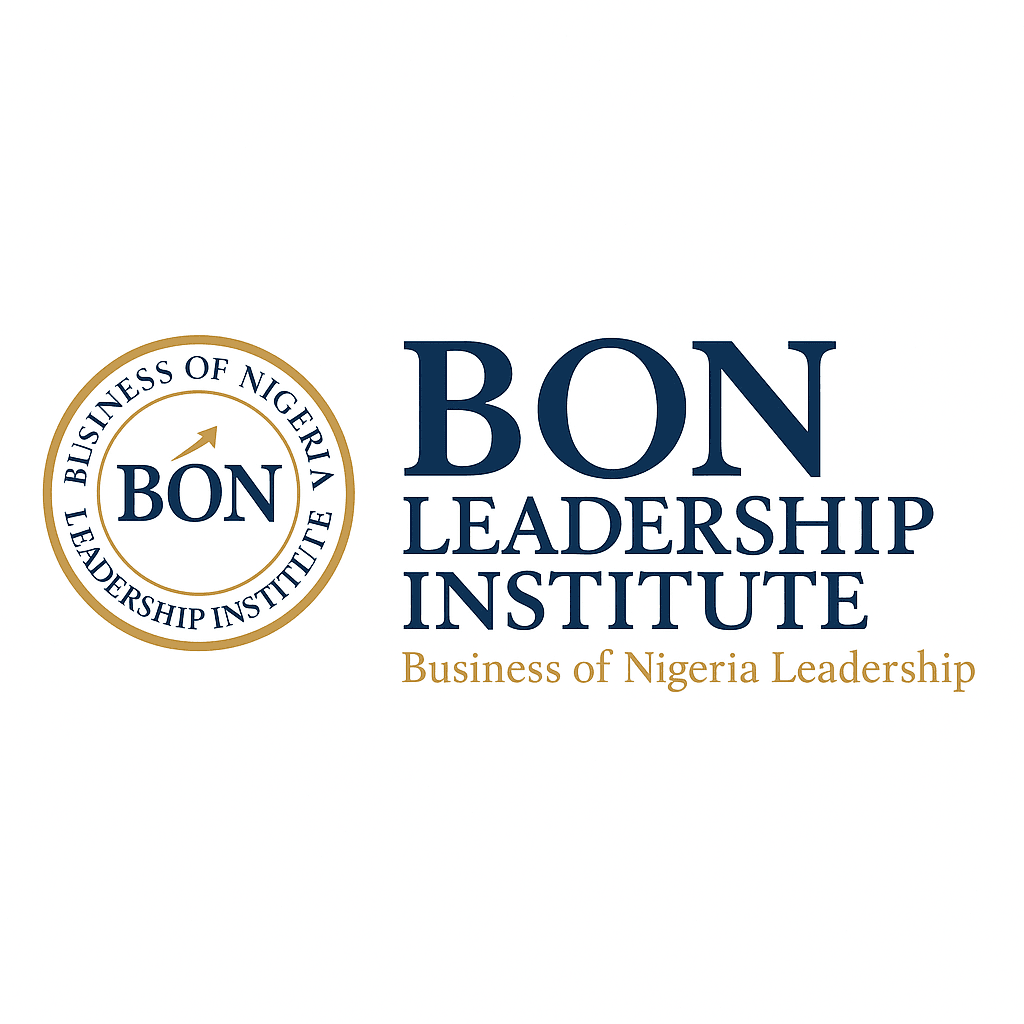How to Lead with Purpose: Insights from Khadijah Haliru's Talks
Understanding Purpose-Driven Leadership
In the fast-paced world of business, the concept of purpose-driven leadership has gained significant traction. Khadijah Haliru, a renowned speaker and thought leader, has dedicated much of her career to exploring how leaders can effectively lead with purpose. In her talks, she emphasizes that leading with purpose is not just about achieving business goals but also about making a meaningful impact on society.
Purpose-driven leadership involves aligning your organization's mission with its day-to-day operations and ensuring that every team member understands and shares this vision. This approach can lead to increased employee engagement, improved customer loyalty, and a more sustainable business model.

Building a Foundation of Trust
Khadijah highlights that trust is the cornerstone of any successful leadership strategy. Leaders who prioritize transparency and authenticity create an environment where trust can flourish. This involves open communication, admitting mistakes when they occur, and consistently demonstrating integrity.
When team members trust their leaders, they are more willing to take risks, share innovative ideas, and work collaboratively towards common goals. Trust also strengthens relationships with clients and partners, fostering long-term success.

Aligning Personal Values with Organizational Goals
One of Khadijah's key insights is the importance of aligning personal values with organizational goals. She believes that leaders who are clear about their own values and ensure these are reflected in their leadership style can inspire their teams more effectively.
This alignment creates a sense of authenticity and consistency that resonates with employees and stakeholders alike. By integrating personal values into the organizational culture, leaders can cultivate a more committed and passionate workforce.
Fostering a Culture of Innovation
Khadijah advocates for fostering a culture of innovation as a critical component of purpose-driven leadership. Encouraging creativity and allowing team members to experiment without fear of failure are essential for driving progress and maintaining a competitive edge.
Leaders can support innovation by providing resources, recognizing and rewarding creative efforts, and creating an environment where diverse ideas are welcomed. This approach not only propels the organization forward but also empowers employees to take ownership of their contributions.

The Role of Empathy in Leadership
Empathy is another vital aspect of leading with purpose. Khadijah emphasizes that understanding and addressing the needs and concerns of both employees and customers can significantly enhance leadership effectiveness. Empathetic leaders are better equipped to foster strong connections and cultivate a supportive work environment.
By actively listening and responding to the emotions and perspectives of others, leaders can build resilience within their teams and drive positive change within their organizations.
Implementing Purpose-Driven Strategies
Khadijah provides practical strategies for implementing purpose-driven leadership within organizations. These include setting clear goals that align with the organization's mission, regularly communicating the purpose to all stakeholders, and measuring progress towards achieving these objectives.
Leaders should also seek feedback from their teams and be willing to adapt their strategies based on this input. Continuous improvement is key to maintaining a purposeful direction and ensuring long-term success.

Conclusion: The Impact of Leading with Purpose
Leading with purpose is not just a trend but a transformative approach that can reshape businesses for the better. Khadijah Haliru's insights provide valuable guidance for leaders looking to make a meaningful impact in their organizations and beyond.
By embracing purpose-driven leadership, leaders can inspire their teams, foster innovation, and drive sustainable success. As we move forward in an ever-evolving business landscape, the lessons from Khadijah's talks remind us of the power of purpose in achieving both personal and organizational fulfillment.
